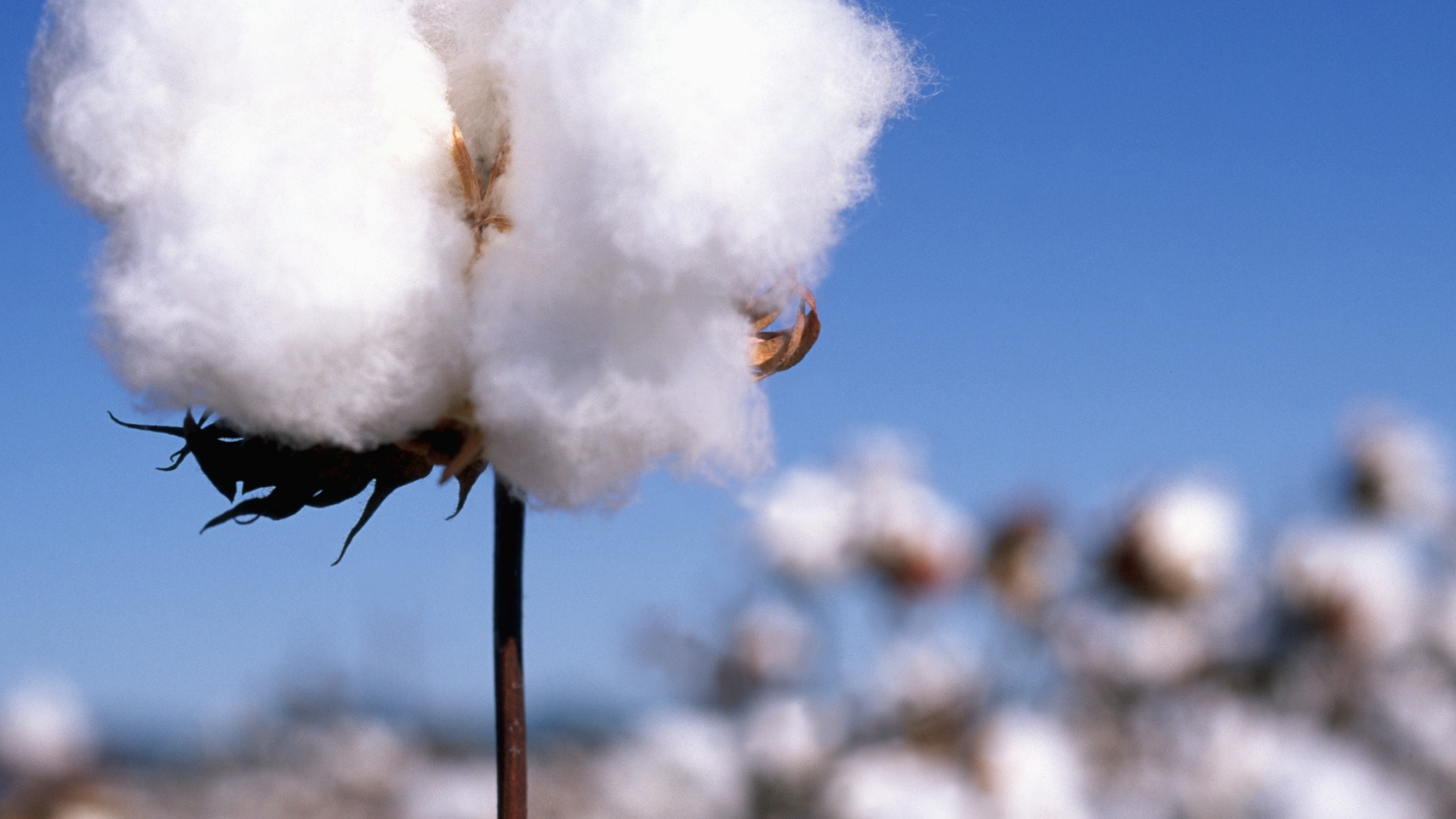A Black entrepreneur in North Carolina is challenging a longstanding cultural stigma with Black Cotton, a cotton harvesting and decor business founded in 2016.
Julius Tillery has been harvesting cotton on his Northampton County farm and converting the material into items such as home decor, art and jewelry. Choosing to block out any criticism about a business that is historically known as an industry that exploited enslaved Black people, Tillery said he's only focused on the present.
“Everybody has their history, but we’re talking about our present,” the farmer told News & Record. “If you want to talk about present, we’re presenting a beautiful, modern switch to a crop we’ve raised.”
Much of America's colonial economy was built on cotton and other crops, often harvested by enslaved Black people, and the South produced 75 percent of the world’s cotton, according to History.com. The mass production of cotton led to an increase in American slavery.
"Where [cotton] flourished, in the states of Alabama, Mississippi and Louisiana, the slave population increased by an average of 27.5 percent per decade, demanding that entire families be relocated from plantations in the east and upper south. Of the 3.2 million slaves working in the 15 slave states in 1850, 1.8 million worked in cotton," historian Henry Louis Gates Jr. wrote in a 2014 editorial.
But Black Cotton is striving to revise this painful narrative and instead empower the community by educating visitors on farm tours or offering the landscape to Black artists who create photography and short films.
Tillery said one Black rapper who filmed a music video on the farm, prayed and cried when he was on the field.
“He said this was the freest he’s ever been walking as a Black man,” Tillery said. “I want that same type of free mentality in our Black community."
There is a long history of harvesting cotton in Tillery's family. The history dates back to his great-great-grandfather, who was the first in the family to be born free in 1871 in Halifax County, North Carolina. With the tradition being passed down, Tillery learned the skill from his father and grandfather, who showed him how to grow corn and peanuts, in addition to cotton.
As the North Carolina state coordinator for Black Family Land Trust, which aims to preserve and protect land owned by historically underserved communities, the Black Cotton owner continues to uplift the community.
“I wanted to give cotton a different value,” the entrepreneur said. “The cotton business is a very tough business — not much money in it. I wanted to come up with a creative solution to that.”
“What we’re doing is something special,” Black Cotton operation manager Jamal Garner said. “We’re taking our own crop and turning it into something unique and trying to make a difference in this rural area we’re from.”
According to its website, Black Cotton "centers and uplifts the Black community closest to the cotton fields in Northampton County, North Carolina" by creating "genuine and distinguished home decor that we cultivate and care for."
Black Cotton sells wreaths, raw cotton, ornaments, table centerpieces, and even t-shirts that read, "Cotton is our culture." The nearly five-year-old business also accepts donations to support its mission to continue promoting cotton and sharing knowledge of farming.
